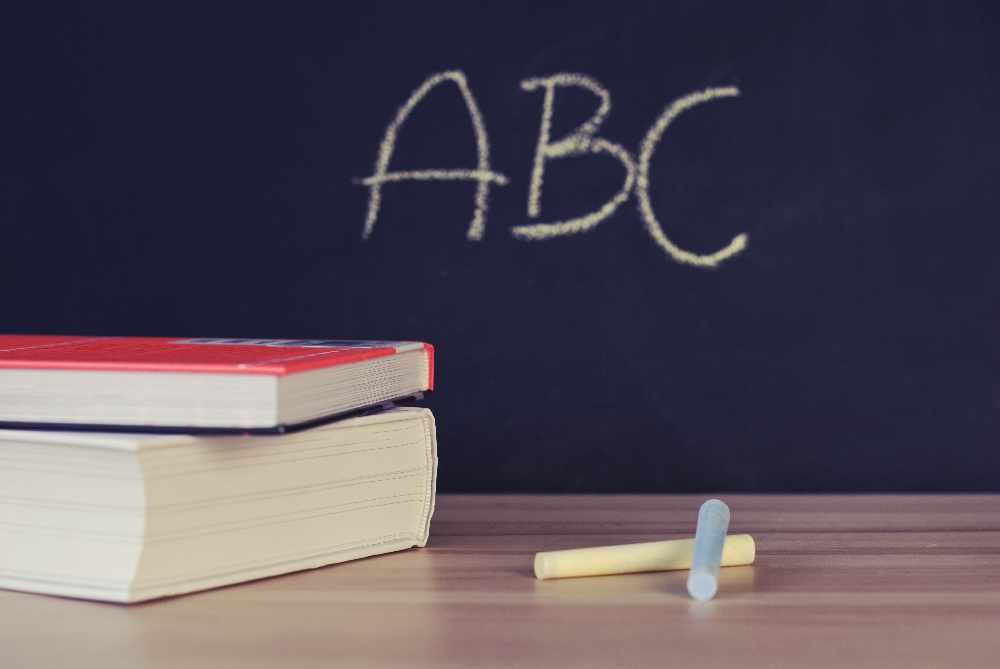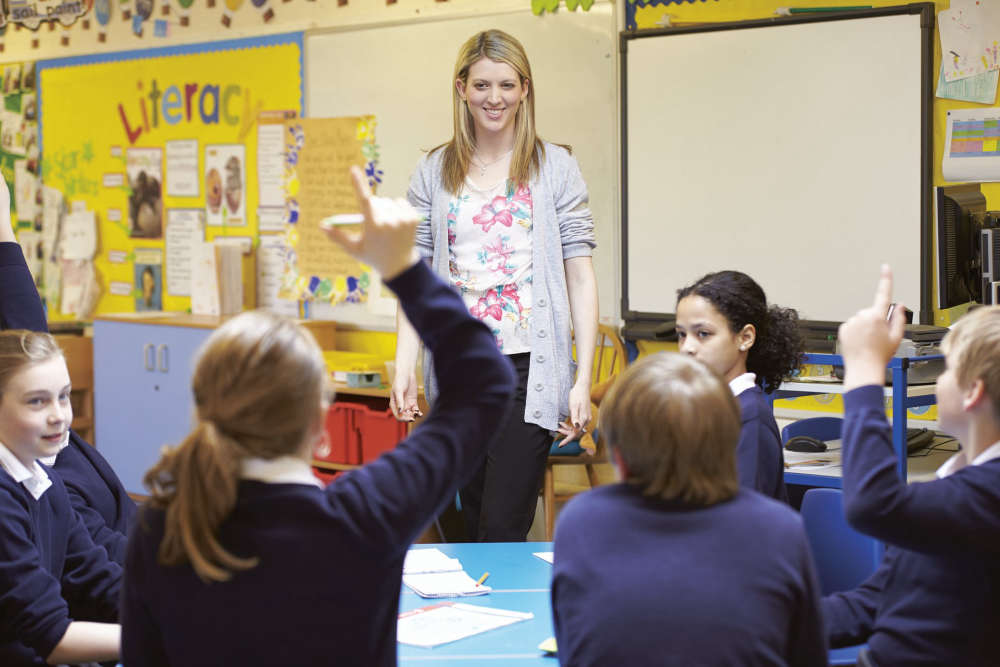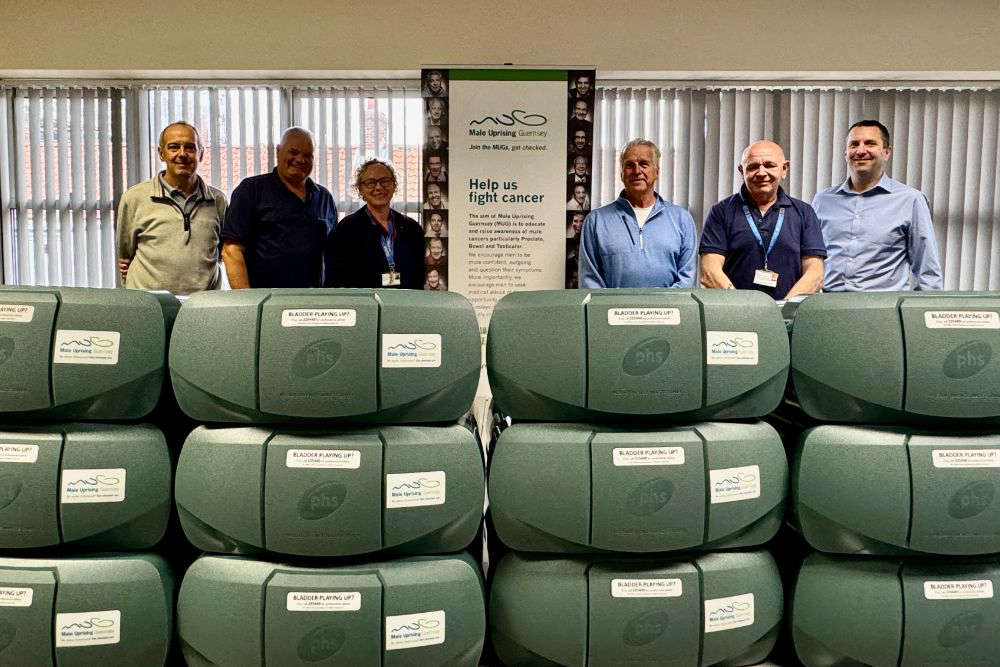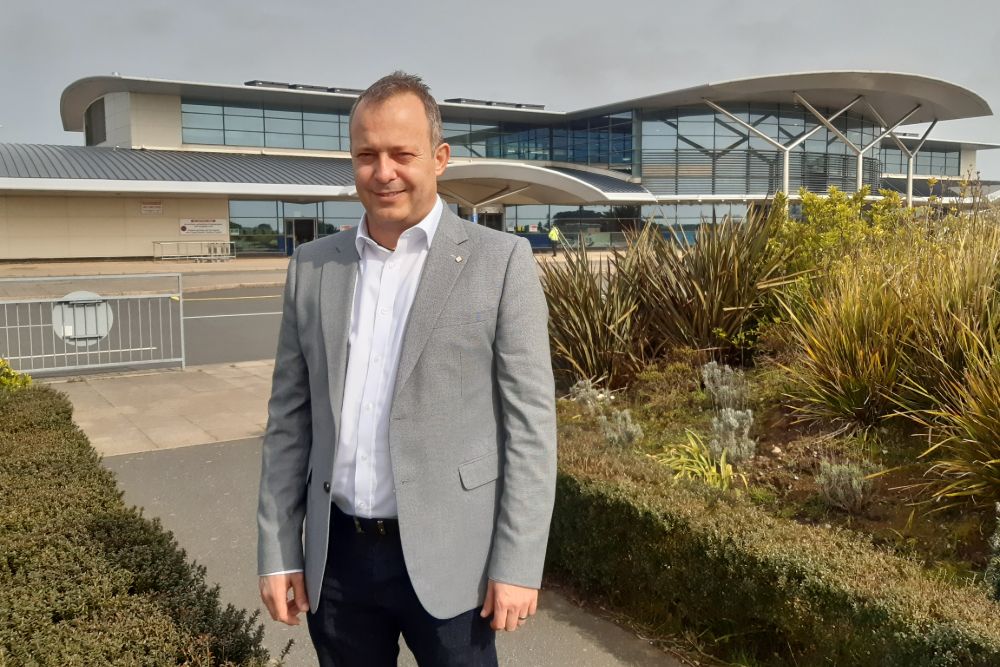
Plans announced for education during next phase of COVID-19 response
Primary school pupils will return to school two days a week from the 8th of June, as unlock measures continue to progress.
ESC announced today that approximately half of students will attend on Monday and Tuesday with the other half attending on Thursday and Friday.
Wednesdays will be used for enhanced cleaning of schools and for teachers to have enough planning time to develop home learning activities for children to complete on the three days each week when they are not in school.
Vulnerable students and children of essential workers will continue to be supported on all four days when primary schools are open (Monday, Tuesday, Thursday and Friday) if necessary.
Parents will be contacted over half-term with details about how the new arrangements will work, including which day their child will attend school.
For the time being, and until public health guidance is relaxed further, secondary schools will remain closed to most students with the exception of vulnerable students and children of essential workers. Secondary pupils will continue their studies with distance learning.
If secondary schools were to reopen to more students, each student would need to remain in one class throughout the school day, which would prevent the delivery of subject-specific lessons. Each student would have to be in school for half the school week or less and it would not be possible for secondary school staff to maintain Distance Learning to an acceptable standard for students to carry out during the days when they would be at home.
The Committee is fully committed to getting secondary students back into school as soon as possible and will keep the arrangements under review so that it is ready to reopen schools more fully as soon as restrictions are relaxed further.
At St Anne’s School in Alderney and at Herm School class sizes are often smaller. Discussions will be held with the leaders of those schools next week to assess whether there are opportunities to vary the Bailiwick arrangements in those islands after the half term holiday.
Separately, schools which support children with special educational needs and disabilities will broadly continue as they have in recent weeks. Students are supported as their individual needs require in collaboration with parents, schools and appropriate support services.
From 1st June, the College of Further Education, which is part of The Guernsey Institute, will invite students to attend who would benefit most from on-site tuition taking into account the specific requirements of their courses. In order to comply with social distancing measures, College campuses will accommodate no more than 50% of their normal number of students at any one time.
The latest public health advice also allows changes to be made in the early years phase. In addition to vulnerable children and the children of essential workers, pre-schools and nurseries will now be able to have more children on-site and as far as possible they will give priority to children in their pre-school year. The number of children permitted on any one site will be limited by staff-to-children ratios, the size of their premises and how the space is used, and providers must maintain bubbles of not more than eight children in a designated space.
Early years providers must submit their plans to the States’ Early Years Team for approval. All providers will be contacted by the States’ Early Years Team today to offer further guidance and support. Providers will then be able to talk to their parents to begin to make detailed plans for their children.
Deputy Matt Fallaize, President of the Committee for Education, Sport & Culture, said: ‘These are finely-balanced decisions and the Committee has been very careful to look at all the possible options from every angle and take into account the advice of professionals in public health and education. The ideal is for schools and colleges to be fully open and for all students to be allowed on site.
'Unfortunately, at the moment, that is impossible as we must follow the public health advice. None of the potential options for phased return were without weaknesses and challenges, and none would work well for every student, parent and member of staff.
‘Primary education is delivered in a way which makes it possible to get all students back into school two days each week. For example, it is normal for children to spend most of their lesson time in the same class and so it is less challenging to comply with public health requirements to maintain single classroom bubbles. On the other three days of the week, Distance Learning will not necessarily be quite the same as, parents have come to recognise it in recent weeks, but teachers will provide some learning activities to be done at home. This strikes the best balance currently available: all younger children will get back to having some experience of school with the opportunities that presents to spend time with other children and continue to develop their social skills.
‘Secondary education is delivered in a way which is very different from primary education. For example, students move around every hour or so as they go from lesson to lesson. They have many different teachers every day. In many cases students have different classmates from one lesson to the next. At the moment, such practices are not possible in line with public health guidance on social distancing and bubbles. The strong advice from the leaders of our secondary schools was that if more students were back in school there would only be very limited opportunities for meaningful learning. In addition, staff would not be able to maintain Distance Learning of the current standard. All of this means that for the
time being the best educational experience for secondary students will be delivered by maintaining the current Distance Learning offer five days a week. We know this means that many students will have less social interaction with their peers than is desirable, but the other options we considered in conjunction with education professionals would result in an unacceptable decline in the standard of education
offered to all students.’


 Guernsey primary school hours adjusted
Guernsey primary school hours adjusted
 Sanitary bins are being put in men's toilets across Guernsey
Sanitary bins are being put in men's toilets across Guernsey
 Fourth electric bus trial begins in Guernsey
Fourth electric bus trial begins in Guernsey
 WATCH: Barfleur's trial docking in Guernsey a success
WATCH: Barfleur's trial docking in Guernsey a success
 Texas and Tom Grennan to headline Weekender in a new location
Texas and Tom Grennan to headline Weekender in a new location
 Crew of plane that overshot runway had landed in Guernsey many times
Crew of plane that overshot runway had landed in Guernsey many times
 Brittany Ferries tests Barfleur in Guernsey and announces discounted fares
Brittany Ferries tests Barfleur in Guernsey and announces discounted fares
 DFDS reveals plans for hybrid electric ferry for Channel Islands
DFDS reveals plans for hybrid electric ferry for Channel Islands
